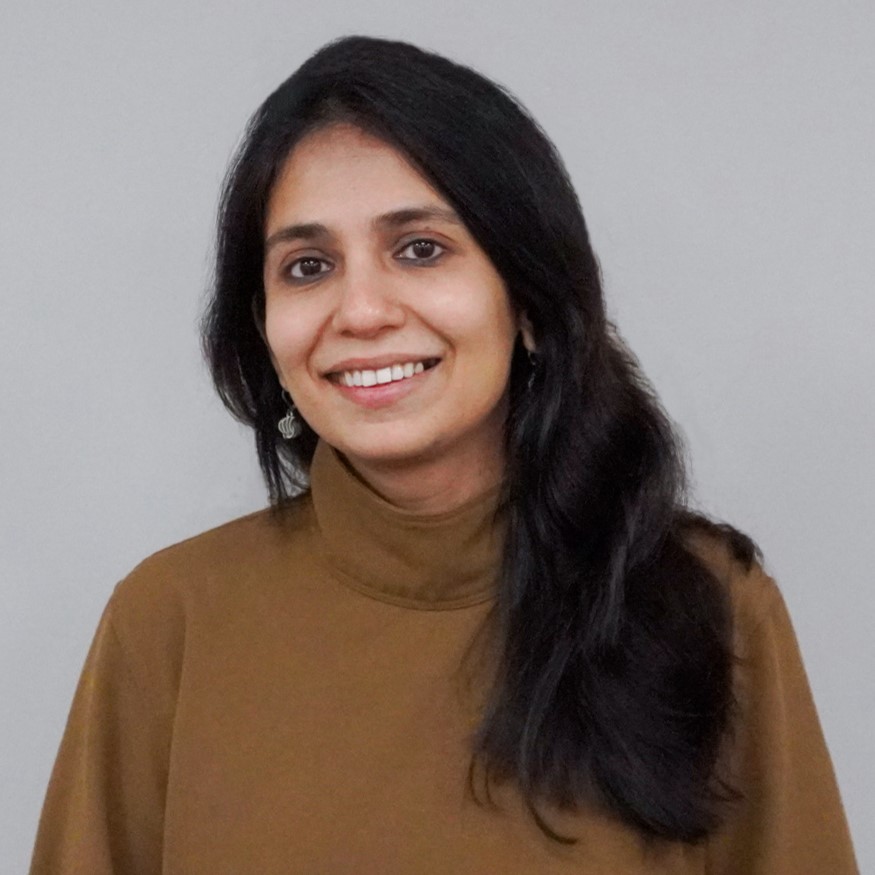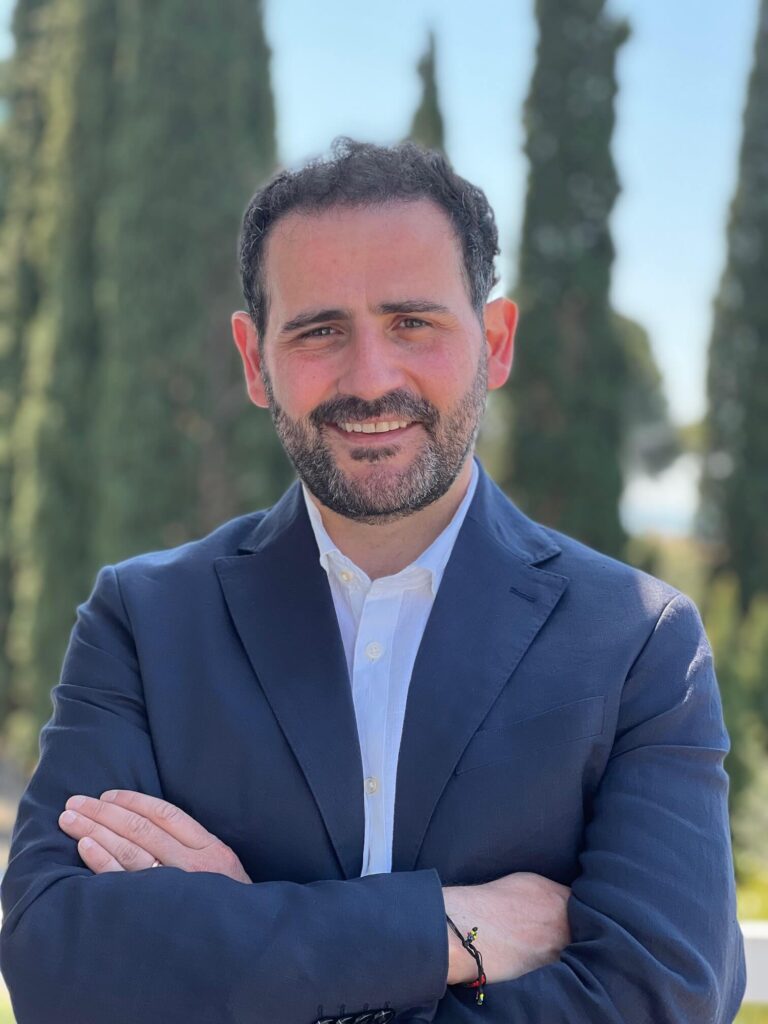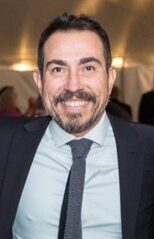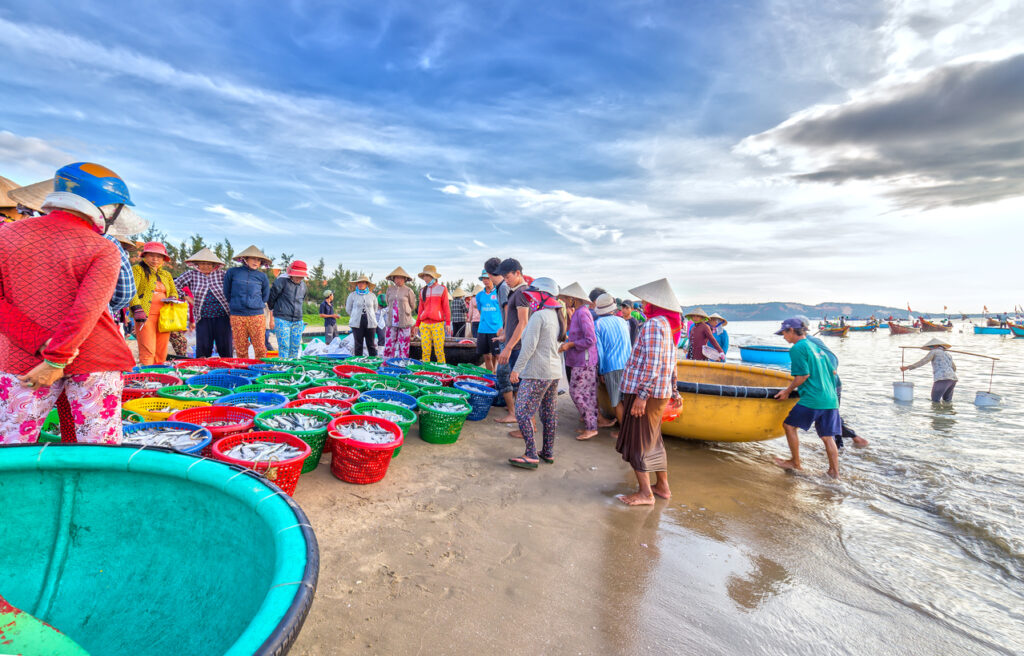
Despite the ocean’s immense economic and ecological value, financial inclusion efforts have historically overlooked coastal communities and small-scale fishers. Subsistence fishers, particularly women and older fishers, who fish solely to meet their consumption needs, have limited access to resources and income-earning opportunities and are, therefore, more vulnerable. High population growth rates exacerbate poverty in small-scale fisher households, and fieldwork conducted by CFI and Rare in Siargao revealed that the long periods fishers spend at sea leads to social isolation, which may hinder their ability to advocate for their rights.
Access to financial services could help break these constraints, but existing products often fail to account for the volatility of fisher incomes. Microfinance models tailored to farming do not always translate well to fisheries, where earnings are highly irregular and tied to shifting marine conditions. Furthermore, most fishers lack IDs and access to collateral and technology, further limiting their access to financial services.
This positioning brief aims to catalyze a renewed global agenda for financial inclusion — one that recognizes the centrality of the blue economy to livelihoods, climate resilience, and food security. Most contributions to this field date back nearly two decades and remain fragmented, with recent initiatives yet to coalesce into a unified global agenda. This brief argues that the time has come to place financial inclusion for the blue economy firmly on the global development agenda.
This brief was completed in partnership with Rare, and is accompanied by a report on “Financial Inclusion to Support Ecosystem-Based Adaptation for Small-Scale Fishers in the Philippines.“
Authors












